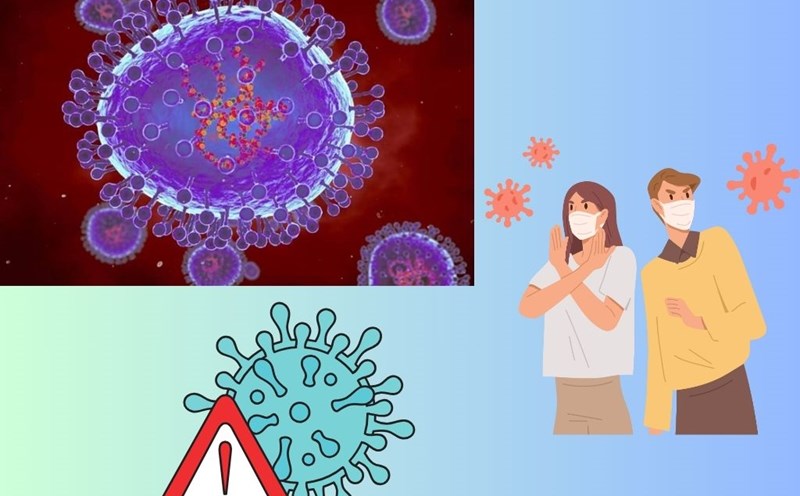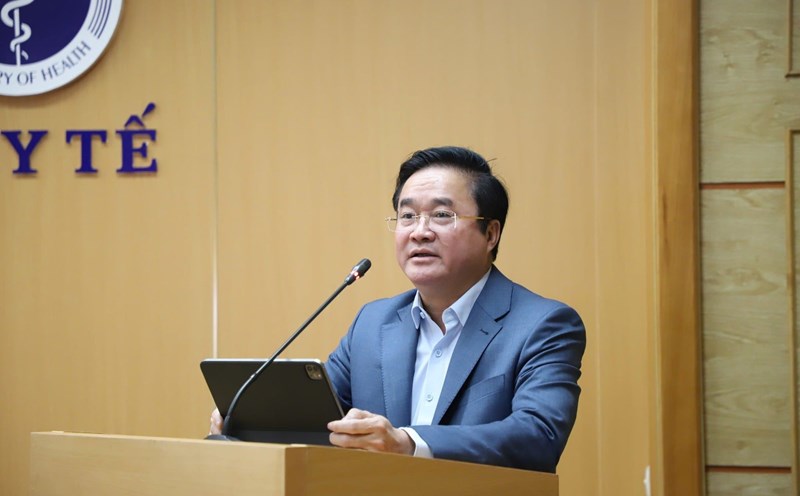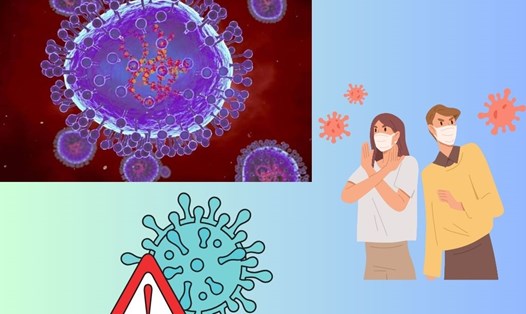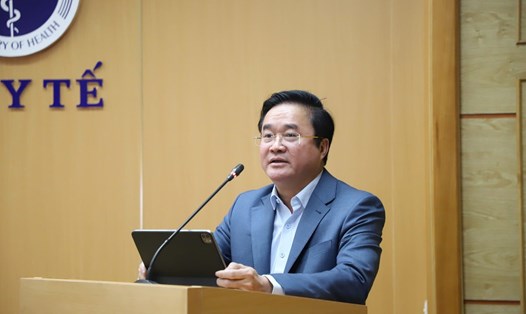HMPV has been recorded in Ho Chi Minh City.
According to the Ho Chi Minh City Department of Health, HMPV is not a new virus, and has been found to be one of the causes of respiratory infections in children in 2023 and 2024. HMPV accounts for a small proportion compared to other causes of community-acquired pneumonia such as rhinovirus, respiratory syncytial virus RSV, and influenza A.
Commenting on HMPV, Dr. Truong Huu Khanh - former Head of the Department of Infectious Diseases - Neurology at Children's Hospital 1 in Ho Chi Minh City said that this is not a strange or new virus. HMPV is one of the viruses that cause respiratory diseases in humans. Based on genetic analysis, this virus has appeared and caused disease in humans for a long time. People should not panic or worry.
According to Associate Professor, Dr. Do Van Dung - former Dean of the Faculty of Public Health, University of Medicine and Pharmacy, Ho Chi Minh City, HMPV is significantly less dangerous than COVID-19. HMPV is only of concern when it occurs in young patients, the elderly or people with underlying diseases, while COVID-19 can be fatal at any age.
HMPV usually causes mild fever and respiratory symptoms such as runny nose, sore throat, cough, and wheezing. Meanwhile, COVID-19 causes more severe symptoms such as high fever, fatigue, muscle pain, headache, and respiratory symptoms such as cough that can progress to fatal respiratory failure.
Continue domestic epidemiological surveillance activities
Currently, there is no vaccine or specific treatment for HMPV. Therefore, it is important to implement disease prevention measures as recommended by the health sector.
The Ho Chi Minh City Department of Health recommends not to be subjective about possible developments. The Ho Chi Minh City Department of Health has directed the City Center for Disease Control (HCDC) and medical units to continue to closely monitor the epidemic situation in the world, and be ready to deploy medical quarantine activities at airports and seaports under the direction of the Department of Preventive Medicine to detect early and prevent the risk of disease spread (if any).
In addition, continue domestic epidemiological surveillance activities, including monitoring the number of respiratory infections, the number of hospitalized severe acute respiratory infections, monitoring respiratory pathogens, monitoring events such as detecting clusters of cases in schools, factories, and communities to take timely measures.
According to Dr. Tran Viet Phuong - Deputy Head of the HCDC International Health Quarantine Department, the work of inspection, monitoring, prevention and control of international diseases entering Ho Chi Minh City is strictly implemented, especially during the end of the year, holidays and Tet due to the high traffic volume and demand for international travel.









